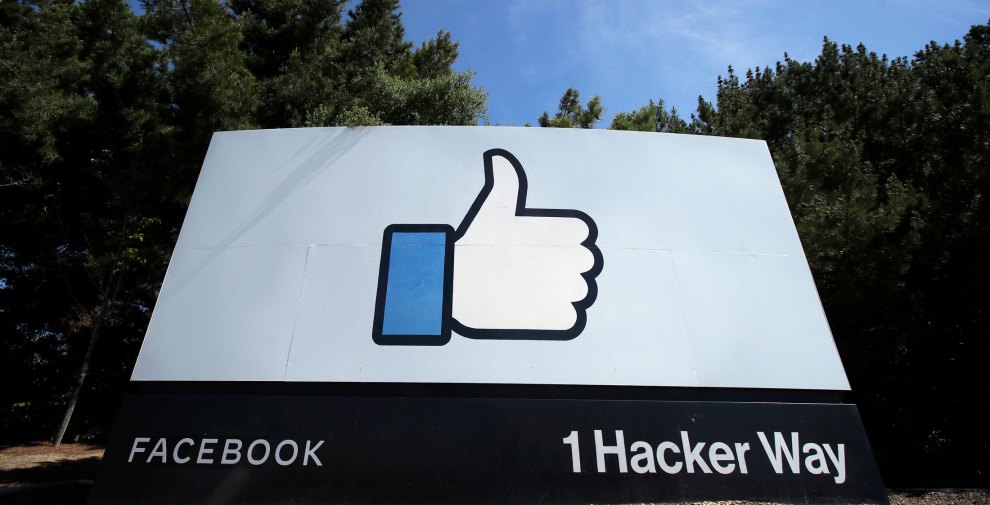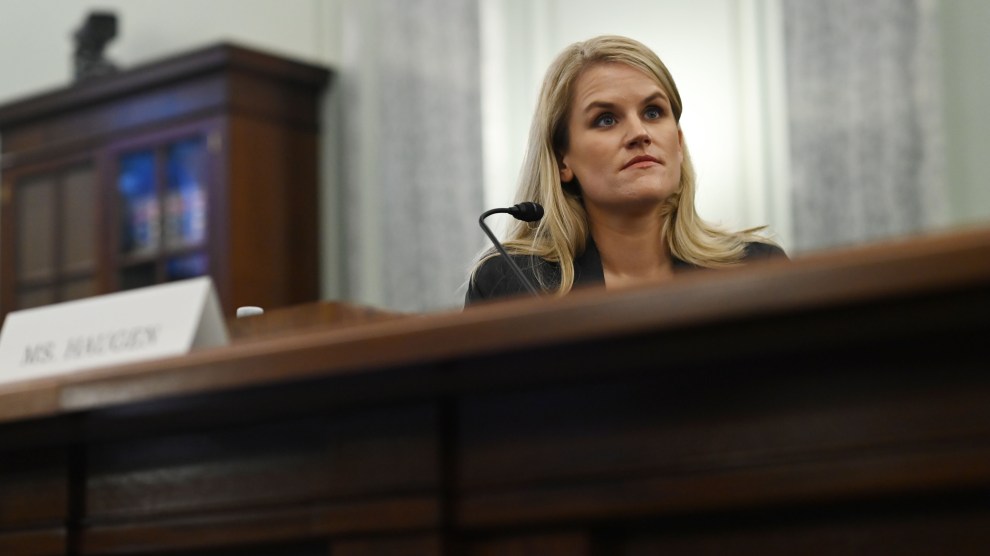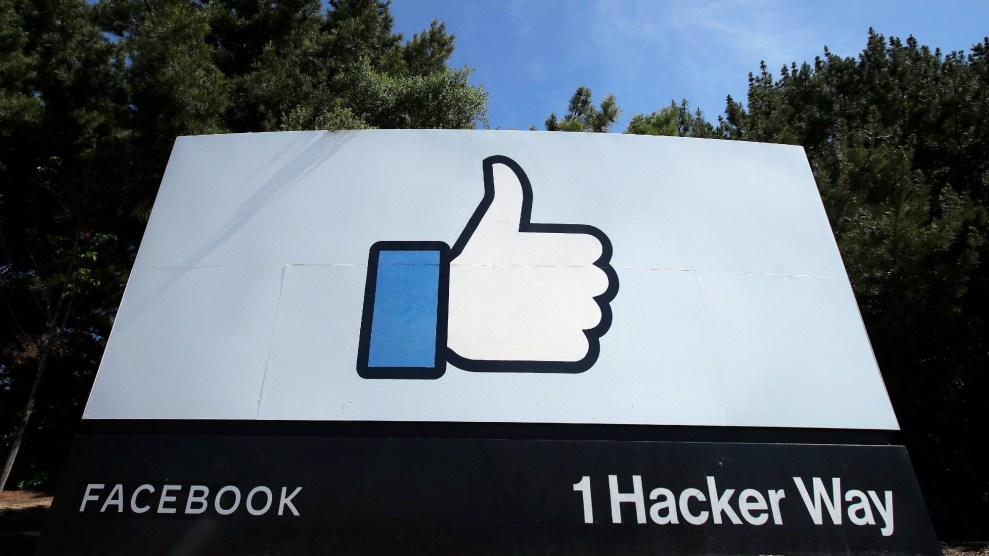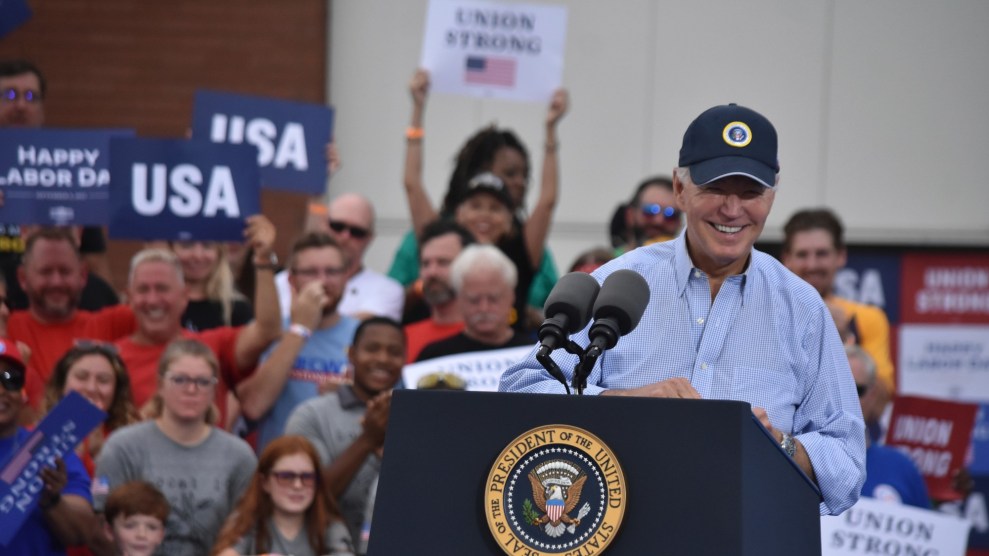
In this April 14, 2020 file photo, the thumbs up Like logo is shown on a sign at Facebook headquarters in Menlo Park, Calif. Jeff Chiu/AP
After a long, very bad week for Facebook, the company sent one of its top executives, Nick Clegg, to make the rounds on the Sunday shows. Though, he didn’t make things better for the company. Notably, he couldn’t—or wouldn’t—even answer a simple but crucial question: Did Facebook amplify violent rhetoric ahead of the January 6th insurrection?
CNN's Dana Bash: "Did the algorithms that are in place amplify pro-insurrection voices ahead of Jan. 6? Yes or no?"
Facebook's Nick Clegg: "I can't give you a yes or no answer to the individual, personalized feeds that each person uses." pic.twitter.com/MwLUwiYkLI
— Justin Baragona (@justinbaragona) October 10, 2021
Former Facebook product manager Frances Haugen recently revealed how the social media giant knew its algorithms could spread hate and misinformation, warning that Facebook chose “profit over safety.” She claimed that the company’s decision to dissolve its civic integrity unit and roll back protections prematurely contributed to the spread of hate and misinformation that undergirded the insurrection at the US Capitol.
But when CNN’s Dana Bash asked Clegg, who is Facebook’s vice president of global affairs, about Haugen’s claims, specifically about how the company’s algorithms boosted content ahead of January 6, he gave a roundabout non-answer. He said that if the company removed Facebook’s current algorithm, which amplifies posts with more “meaningful social interactions,” that would perpetuate “more, not less, hate speech, more, not less, misinformation.”
Bash then put him on the spot: “My question is specifically about January 6. Did the algorithms that are in place amplify pro-insurrection voices ahead of January 6th? Yes or no.” “I can’t give you a yes or no answer,” he finally conceded, before pivoting to argue that the responsibility for the insurrection was on “the people who broke the law.”
Haugen, who has already testified before Congress, is set to go this Thursday before the House select committee investigating the Capitol insurrection. She has filed numerous complaints to the Securities and Exchanges Commission alleging that Facebook “misled investors and the public about its role perpetuating misinformation and violent extremism relating to the 2020 election and January 6th insurrection.” She has also called for more oversight of the social media giant, though, as my colleague Ali Breland recently argued, even her proposals fall short on the sort of structural overhaul Facebook needs.














